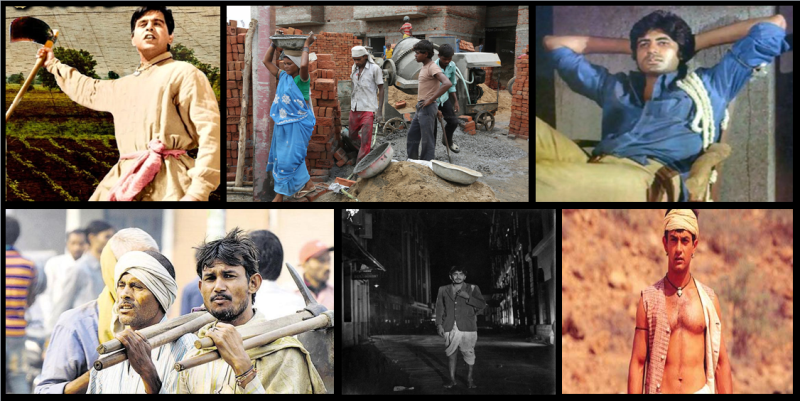Digitalization as a compulsive strategy shall only prove alienating and disastrous in a milieu where infrastructural development is scarce and public readiness is incomplete. Denial of basic resources and facilities in the absence of adequate familiarity to these strategies can often prove threating to the very welfare of the system and its people. Can we strive towards a more inclusive strategy?
Minakshi Yadav is a Civil Rights Activist based in Nagpur.

We live in a country that is fast moving towards an unprecedented craze for global trade and economic vitality. We live in times where the boon of digitalization and enhanced use of technology in all spheres of life be it governance, health care, obtainment of regular ration or even the creation of proof that one is indeed an Indian national are all monitored by one’s access to modern forms of technology.
We encourage through a wide range of media campaigning, advertisements and other tools the implementation of cashless economies, technologized transactions and a digitalised way of life. Amidst the hue and cry we have seen that while for a certain section of the urban wealthy adapting t0 these changes has often not caused much of a worry but for a large section of ordinary, lower and underprivileged sections of the society this has posed an enormously difficult task.
We know of how people in many of our backward states and even in our own capital city died of hunger when they were refused ration because their Aadhar cards had not been linked, or of old people who died in queues outside ATMs during demonetisation, healthcare being denied to patients in the absence of adequate digitally linked information and so on and so forth.
In a country like India where even till date a large section of the population is illiterate, is struck by adverse poverty, has lack of access to even the most basic of resources- a compulsive digitalisation drive is sure to only create further havoc. Instead of compelling and punishing people in innumerable ways for not being adequately digitally equipped, a process like this should be made gradual and in a way that it is in sync with other aspects of development such as education, expansion of healthcare and increase of basic literacy.
It is ironic that when in 7o years of independence we have not been able to build up adequate infrastructure that people across categories can access, when a large section of the population still waits to see ends meet graciously- a drive as violent, as repressive and as alienating as compulsive technologization of fundamental spheres of life is taking place.
It is the time that the nation-state is reminded of the many crucial functions that wait to be fulfilled before its glamorous/modern and pro-capital aspirations can truly become beneficial for the large section of the population. The nation must belong to all and not just remain a puppet in the hands of the chosen few.














